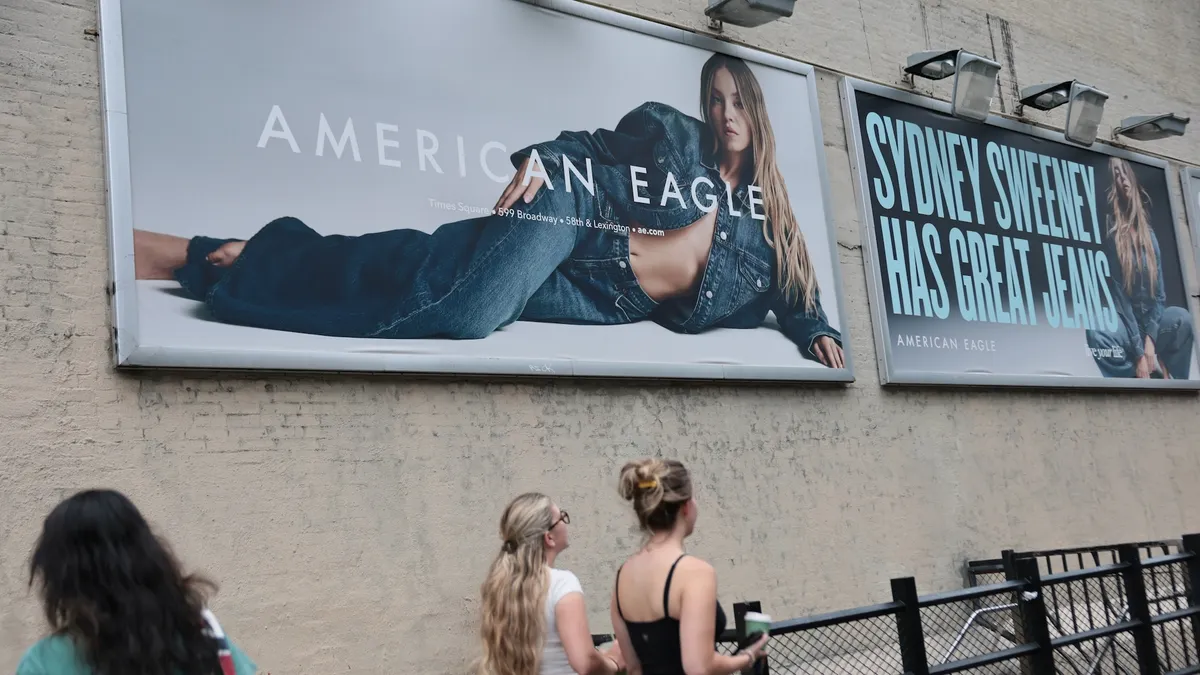When Edgewell Personal Care Company, which runs shaving brands Schick, Wilkinson Sword, Edge, Personna and Skintimate, snapped up grooming brand Harry's last week for almost $1.4 billion dollars, it was just the latest consumer products giant to turn to a venture capital-backed, direct-to-consumer startup to expand its lineup.
The move follows Unilever's billion-dollar acquisition of Dollar Shave Club three years ago. Procter & Gamble has had similar acquisitions — last December of Walker & Company Brands (a startup focused on grooming and hair care for people of color, including shaving brand Bevel), in February 2018 of New Zealand DTC skin care brand Snowberry and in November 2017 of natural deodorant company Native, all for undisclosed amounts at the time. Native, which raised only $500,000 in venture capital funding, sold for $100 million, according to Pitchbook data. (Unilever is also rumored to be mulling another $1 billion purchase, this time of skin care brand Drunk Elephant.)
These deals hold promise for both sides. Startups garner an opportunity to scale thanks to established supply chains and deep pockets. And the acquirers obtain expertise, tech prowess, a slice of enthusiastic consumers and, crucially, data and feedback from those highly engaged customers that inform product iteration and decisions about assortments and volume. That represents a new challenge for retailers, which traditionally are the ones nurturing, and benefiting from, their marketing to shoppers.
Consumer packaged goods (CPG) makers, usually at arms' length from customers, can finally create an open line to customers through their new brands, according to Magid Senior Vice President of Retail Matt Sargent.
"There's incredible value in having a direct connection to the consumer," he said. "It's something that allows a company to quickly innovate and understand the dynamic, how their customer is interacting. It's what Schick doesn't have, in part because the retailer isn't going to share that info unless it's 100% beneficial to the retailer."
It's a defensive move against changes in traditional consumer product distribution, which Sargent said is out the door. "The traditional model is disintegrating and is not going to be here much longer," he told Retail Dive in an interview.
But retailers maintain a significant amount of power, according to Profitero vice president of strategy and insights Keith Anderson, who said that DTC brands like Harry's inevitably hit a growth ceiling and need the boost from a takeover by a bigger player or a tie-up with a retailer. "None of these companies has been able to exceed 500 million in annual sales without being acquired or having some retail distribution," he said in an interview.
He agrees with Sargent that the likes of Edgewell, Unilever and P&G are expanding their marketing by bringing on DTC brands, but doesn't see that as dire for retailers. "A lot of CPG manufacturers are really B2B marketers, marketing to retailers. So the missing skill set at a lot of these companies is how to forge a direct relationship with consumers," he said. "It will bolt on immediately a capability that they're probably missing and they'll regain some share. But I don't see it as a net negative for retailers. The retailers might potentially value deals like this, simply because what the big CPGs bring to a retailer like Target is product management. If you were already dealing with Gillette or Edgewell to help manage your shaving category, this streamlines things for the retailer. Now they get the expertise of a whole portfolio of brands from one manufacturer."
Indeed, Harry's was already selling through Walmart and Target, with the latter appearing especially eager to either partner with such brands or respond with its own private labels to the niche they attract. Last month, for example, Target unveiled a line of natural household cleaning products dubbed Everspring, following last year's launch of its Brandless-like "Smartly" brand.
The consolidation could also relieve what might be an inevitable level of fatigue from consumers, who may not want to subscribe to so many individual brands, according to Chris Perry, VP of global executive education at Edge by Ascential. "Could I really be buying every single one of my products at 30 different brand sites?" he said in an interview with Retail Dive. "At some point the consumer is going to say, 'I can't manage 28 DTC subscriptions.'"
That means, however, that retailers must, as Target has done over and over, partner with niche brands or develop their own lines. "Every character in this story has to be careful and is at risk but also has opportunity," Perry said. "There's still risk at the retailer, which is going to become an ecosystem, not just a retailer. But the brand is still just a manufacturer of product. Big brands are still struggling with how to even curate and manage and monitor and don't know how to respond to Amazon reviews or customer reviews. We should all be taking pages from the smallest brands."
The risk to a brand like Harry's is that Edgewell might eventually deprive it of the very marketing and innovation agility that it brings to the table, in part because that "startup mentality" can get expensive. "I also think there's going to have to be a day where manufacturers and retailers might have to be okay with a lower margin," he said. "Maybe what we've been reaping — in this last age of retail — is that they might have to hold a little less money to survive, but it will also redistribute because there will be some players that fall off."
But as consumers encounter brands they can find anywhere, curation by retailers becomes essential, he also said. "At the end of the day, with the omnichannel transparency of price and the virtual endless aisle, you've got to choose something different because, otherwise, it becomes a price game. And in the price game, Amazon will beat you any day of the week, if they want to."























